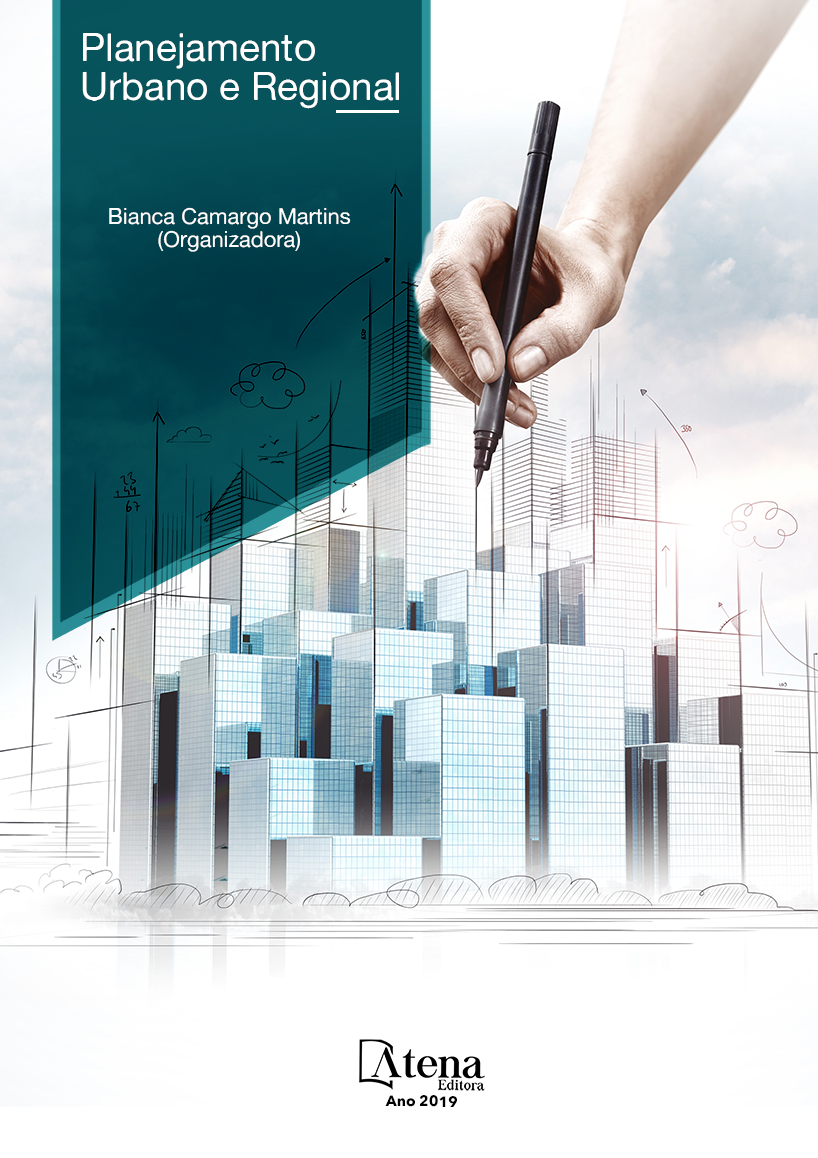
ASPECTOS METODOLÓGICOS PARA ANÁLISE DE ARRANJO URBANO-REGIONAL NA DIVISA DOS ESTADOS DE MINAS GERAIS E SÃO PAULO
O artigo aborda a leitura territorial
de um grupo de municípios, investigando as
relações de dependência entre eles. Caracteriza
uma região funcional a partir dos fluxos gerados
pelo transporte em ônibus interurbanos entre
os municípios da região e entre a região e
as áreas metropolitanas mais próximas. O
recorte espacial foi estabelecido em área de
divisa entre os estados de Minas Gerais e de
São Paulo que está na região de influência da
Região Metropolita de São Paulo. Procura-se
evidenciar a intensidade destes fluxos internos
e externos e assim verificar a configuração da
rede de centralidades e os dois circuitos da
economia conforme aspectos populacionais
e econômicos onde as interações na rede
apresentam diferenças de intensidade quando
são observadas nesta escala.
ASPECTOS METODOLÓGICOS PARA ANÁLISE DE ARRANJO URBANO-REGIONAL NA DIVISA DOS ESTADOS DE MINAS GERAIS E SÃO PAULO
-
DOI: 10.22533/at.ed.83519050611
-
Palavras-chave: arranjo urbano-regional; região funcional; rede rodoviária; localidade central; circuitos da economia.
-
Keywords: Urban-regional arrangement; functional region; road
-
Abstract:
The article approaches the
territorial reading of a group of municipalities,
investigating the relations of dependence
between these cities. It characterizes a
functional region from the road flows generated
by transportation in intercity buses between
the cities of the region and between the region
and the other nearest metropolitan areas. The
spatial cutout was established in a border area
between the states of Minas Gerais and Sao
Paulo, which is in the region of influence of the
Metropolitan Region of Sao Paulo City. The
article presents the intensity of these internal
and external flows and verifies the configuration
of the network of central locations and the two
circuits of the economy, according to population
and economic aspects. The interactions in the
network, shows differences of intensity when
they are observed in this scale.
-
Número de páginas: 15
- Maria Fabiana Lansac


